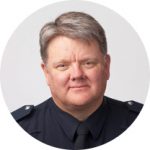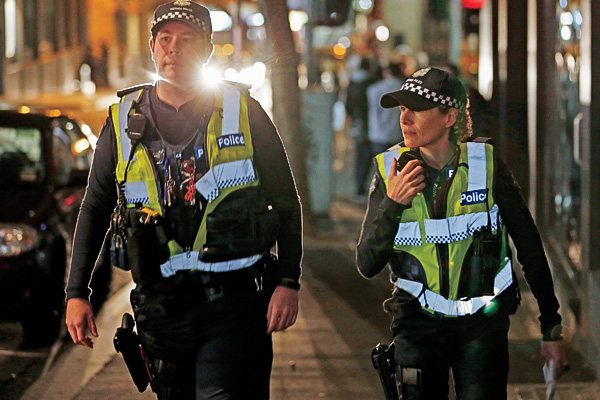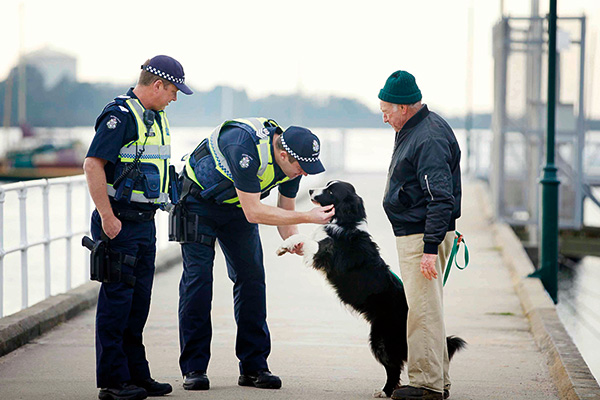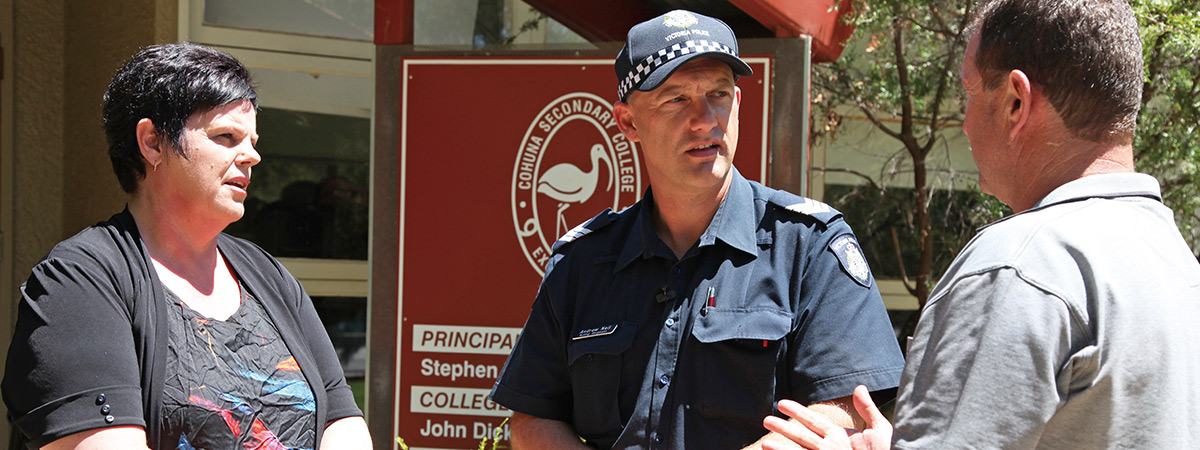Building trust between police and communities
In the 1990s, difficult interactions between the Victoria Police and members of migrant and Indigenous communities, the LGBTI community and young people, resulted in tensions and complaints of inappropriate behavior by the police. After participating in a human rights training program in 2006, police staff began to understand their role within the framework of human rights. Complaints against police behavior and tensions between the police and the communities declined.
Police are now more conscious of the special needs and sensitivities of diverse people in their communities. Many new migrants, for example, may have spent years in refugee camps, or come from countries where law enforcement officials are seen as oppressors, making them reluctant to approach the police when issues arise.

“Human rights education that directly related to everyday police experience led to better understanding and a change in behaviors, ultimately resulting in less angst when dealing with the community.”
Luke Cornelius APM, Assistant Commissioner, Victoria Police
“The Human Rights Project emphasizes that human rights are about respecting dignity … It was obvious that this legislation was going to support the regeneration of policing to focus on the community rather than an ‘us and them’ mentality. ”
Mmaskepe Motlalepula Sejoe, Former Human Rights Unit Manager, Victoria Police

A CHANGE FOR THE BETTER THROUGH HUMAN RIGHTS TRAINING
Difficult interactions between the Victoria Police and members of migrant and Indigenous communities, the LGBTI community and with young people (particularly those with drug and alcohol problems and those with prior convictions), resulted in tensions, distrust and formal complaints against the Victoria Police.
In 2006, the Victoria Police, with support from the government and in collaboration with human rights experts and the university sector, established the Human Rights Project. This focused on increasing police awareness and knowledge of international human rights law and standards relating to investigations, arrest and custody, use of force and firearms, and victim assistance.
Under the Project, all 14,000 employees of the Victoria Police — from administrative workers to the chief commissioner, from forensic scientists to investigators and lawyers—received education and training to enable them to practically apply human rights principles in their everyday policing practices.

The Human Rights Project also focused on increasing awareness of international human rights standards in the context of community interactions, including police interaction with young people, sexual and gender minorities, as well as multicultural and Indigenous communities.
As of 2012, complaints relating to police behavior had declined by 30%.
POLICING FOR THE WHOLE COMMUNITY

A disproportionate number of Indigenous young people in detention was another area of concern given the lack of trust between police and the Indigenous communities.
A youth leadership program run by Victoria Police also helped bridge the gap and improve relations between younger community members and the police.

In 2006, the Victoria Charter on Human Rights and Responsibilities was adopted. Under the charter, public authorities, including the Victoria Police, must act in a manner consistent with human rights.
Section 38 (1) Conduct of public authorities: … it is unlawful for a public authority to act in a way that is incompatible with a human right or, in making a decision, to fail to give proper consideration to a relevant human right. Section 32 (2) International law and the judgments of domestic, foreign and international courts and tribunals relevant to a human right may be considered in interpreting a statutory provision.










